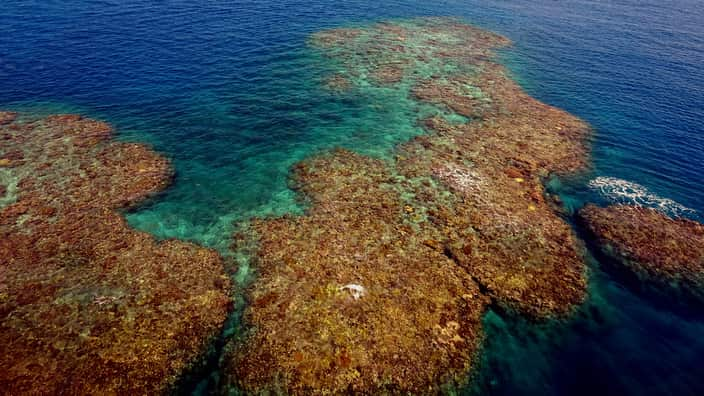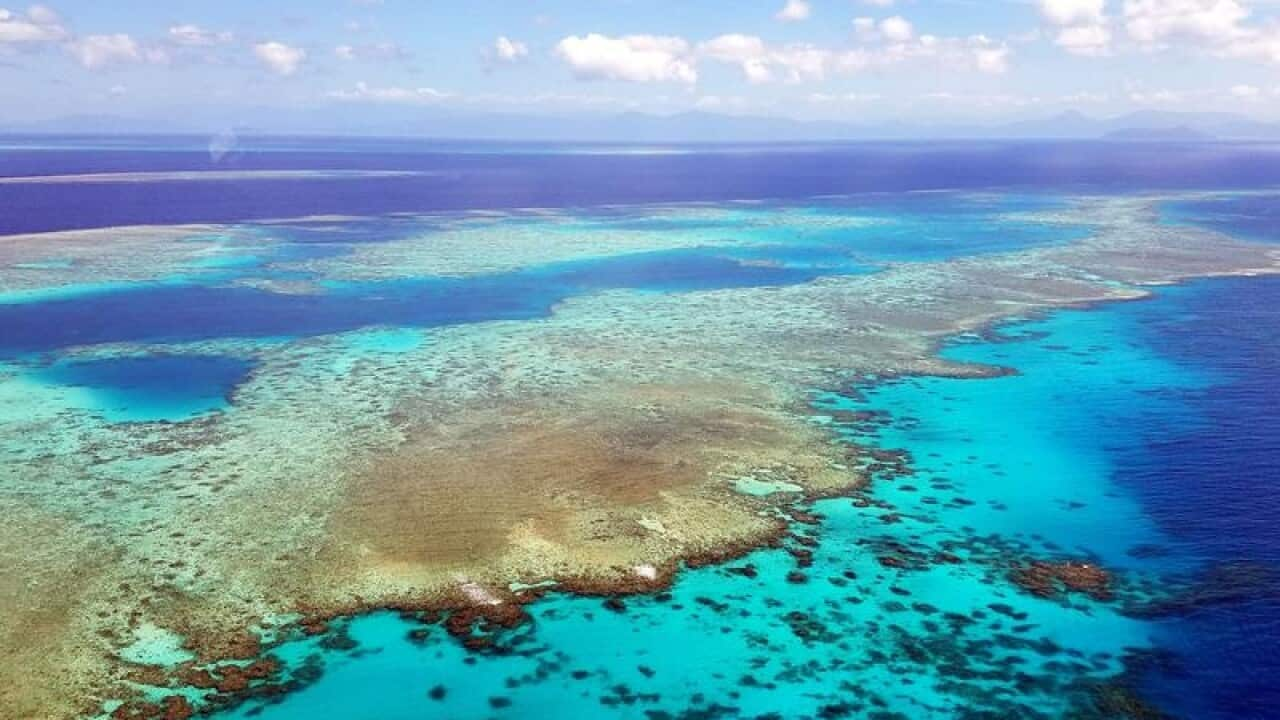The Great Barrier Reef will be hit with coral bleaching events every two years unless more is done to reduce greenhouse gas emissions.
The latest report from the Climate Council has found coral bleaching events are increasingly common and will continue to be unless the effects of climate change can be slowed or reversed. Spokesperson and ecologist Professor Lesley Hughes says severe bleaching like the 2016 event which killed off a third of the reef's coral has become more common already.
Spokesperson and ecologist Professor Lesley Hughes says severe bleaching like the 2016 event which killed off a third of the reef's coral has become more common already.

Corals on the northern Great Barrier Reef experienced a catastrophic die-off following the 2016 marine heat wave. Source: AAP
"In the 1980's, we would see a 27-year gap on average in between bleaching events around the world. Now, they're hitting every six years on average," she said.
"The unprecedented mass coral bleaching of the Great Barrier Reef in 2016 was at least 175 times more likely to occur due to climate change."
The Climate Council said state and federal government efforts to improve water quality around the reef would not offset the damage being caused by extreme heatwaves.
They said only a reduction of greenhouse gas emissions could halt increasing temperatures, helping to stop the increasing cycle of bleaching events.


